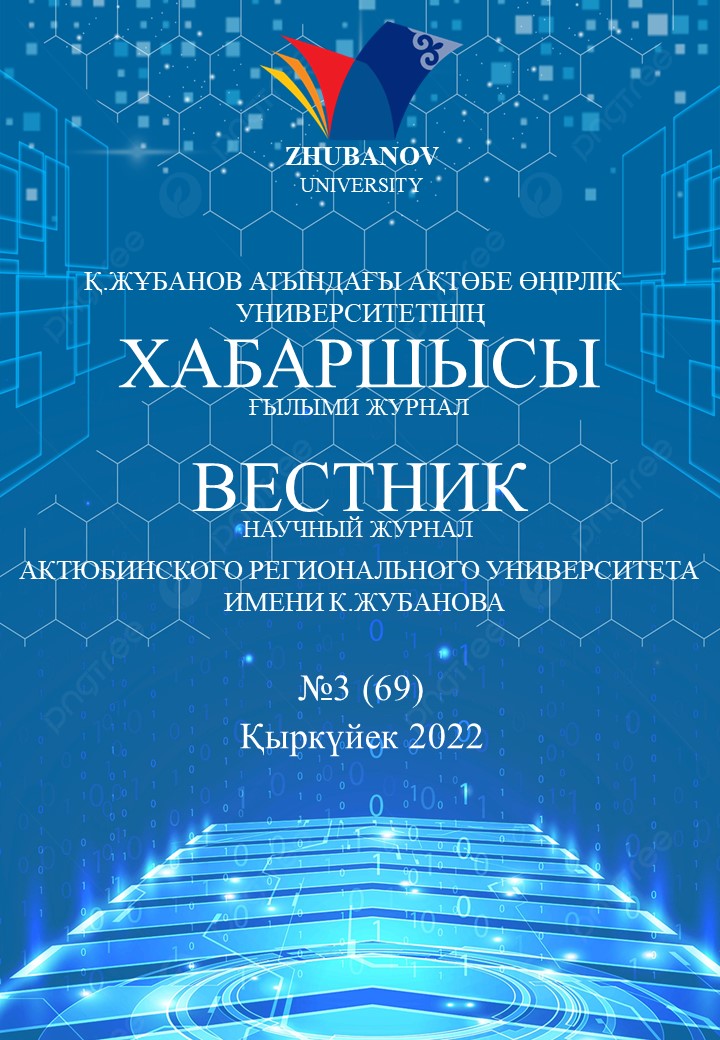We know that the use of methods with educational content in accordance with the content of the topic
along with knowledge in the student audience will increase the quality of professional training of future teachers.
Therefore, the issue of communication culture is relevant today. In the following article, in the process of communicating
with each other, the strategies used in group work were effectively used as a prerequisite for the formation of future
specialists. In the effective using of the strategies, our students are directed to systematic and free expression of thoughts,
formation of pedagogical culture and competence. This article deals with the usage of modern methodologies, including
the technology of critical thinking, the use of strategies for the formation of listening and speaking skills in the dialogic
teaching system in the educational process. The use of modern innovative technologies in the course of group work is
effective while forming the communication culture of students and as future professionals, increases the quality of
education. The goal is to develop pedagogical activities in the learning process using group work, to form the culture of
communication in practice, and to improve students' ability to speak and think freely in public. Also, effectiveness of
group work in the solution of educational and cognitive tasks, exchange of information in educational process at higher
educational institution is described in the given article.
POSSIBILITIES OF USING COOPERATIVE GROUP WORK IN FORMING STUDENTS' RELATIONSHIP CULTURE
communication, culture, group work, communication culture of students, education, critical thinking, dialogic teaching, listening
POSSIBILITIES OF USING COOPERATIVE GROUP WORK IN FORMING STUDENTS’ RELATIONSHIP CULTURE. (2024). Scientific Journal "Bulletin of the K. Zhubanov Aktobe Regional University", 69(3). https://vestnik.arsu.kz/index.php/hab/article/view/254

